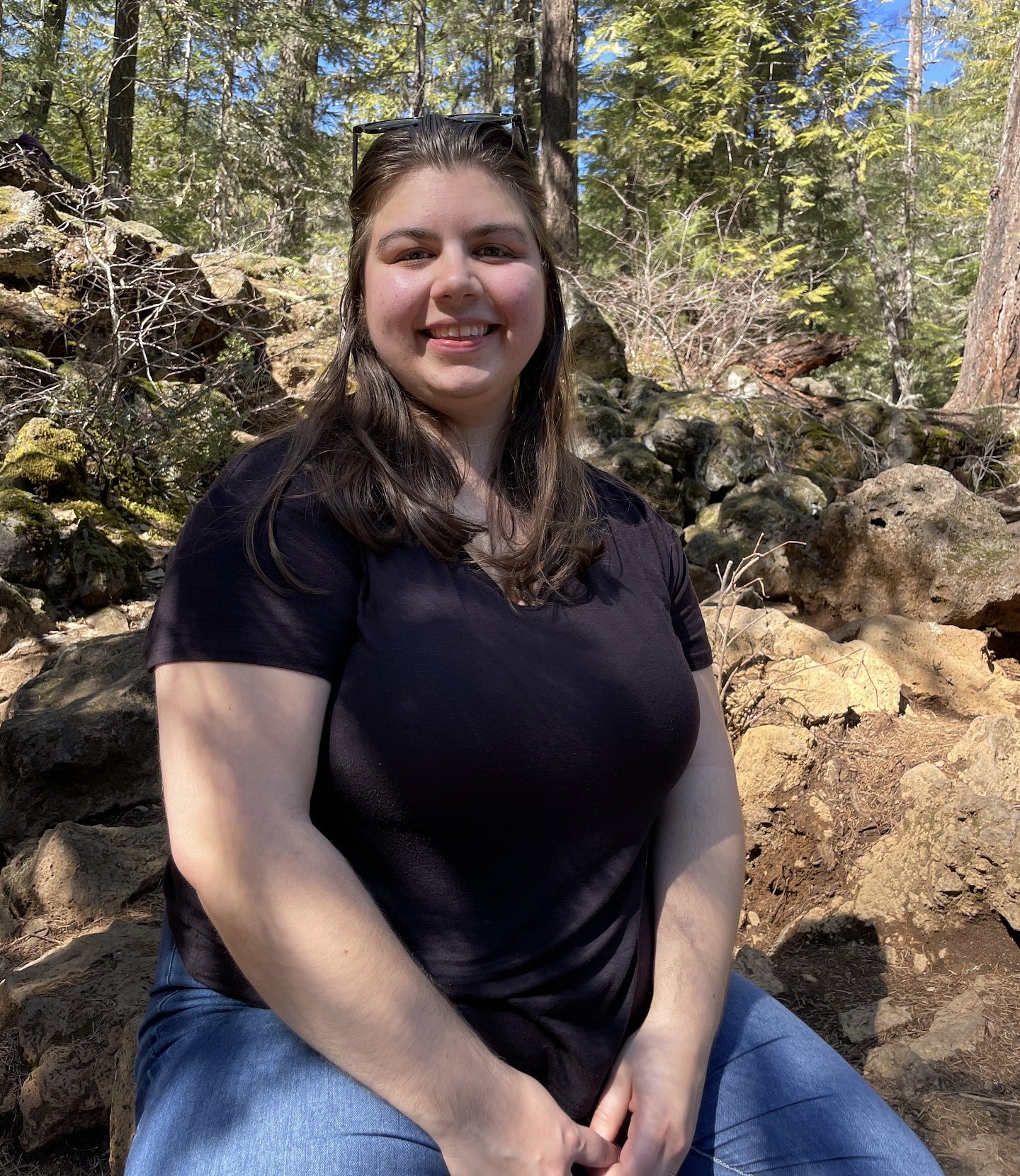Congratulations to the 2024-25 Cykler Song Scholar Winners, Désirée Pereira, Kaitlyn Clawson-Cannestra, and Kasey Lynch!
This award provides financial support and mentorship to graduate students interested in pursuing original research related to song and encourages the exploration of underexplored song repertoire. Désirée, Kaitlyn, and Kasey will be provided with a $6,000 research award and mentorship from Stephen Rodgers, Edmund A. Cykler Chair in Music and Professor of Music Theory and Musicianship, over the course of the 2024/25 academic year.
Désirée Pereira, MM piano performance

About Désirée’s project:
My project focuses on the Brazilian composer Edmundo Villani-Côrtes (b. 1930) and his cycle of six songs for voice and piano, based upon poems by the Brazilian poet Cecília Meireles. Villani-Côrtes is an acclaimed composer in Brazil, with a style that draws upon classical music and Brazilian popular music, but his works are underexplored, and his “Cecília Meireles Cycle” has never been professionally recorded. I will do a world-premiere video recording of the cycle, write an article about the pianism of these songs, and present a lecture-recital at the University of Oregon. I am really happy to be able to research this song cycle. Brazil has a vast and diverse repertoire of songs, and I believe this project can help bring more attention to the music of Villani and to Brazilian chamber music in general.
Kaitlyn Clawson-Cannestra and Kasey Lynch, music theory PhD students


About their joint project:
Our interdisciplinary podcast, From the Margins: What Music Theory Doesn’t Want You to Know, confronts long-standing issues such as racism, sexism, and capitalism within the music industry. We approach song through multiple analytical lenses, including music theory and feminist ideology. Starting in January 2025, we will release two podcast episodes per month for six months, featuring examples from both art song and popular song. In addition to the 12 episodes, this project will include a companion blog and a submission to the Society of Music Theory’s peer-reviewed podcast journal, SMT-Pod. For instructors and listeners who want to know more, the companion blog will provide lesson plans for various levels, reading materials, a companion playlist, and a question box. By wading into music theory’s margins, we’re centering new voices, providing resources for instructors that don’t know where to start, and negating any and all excuses for refusing to change.
